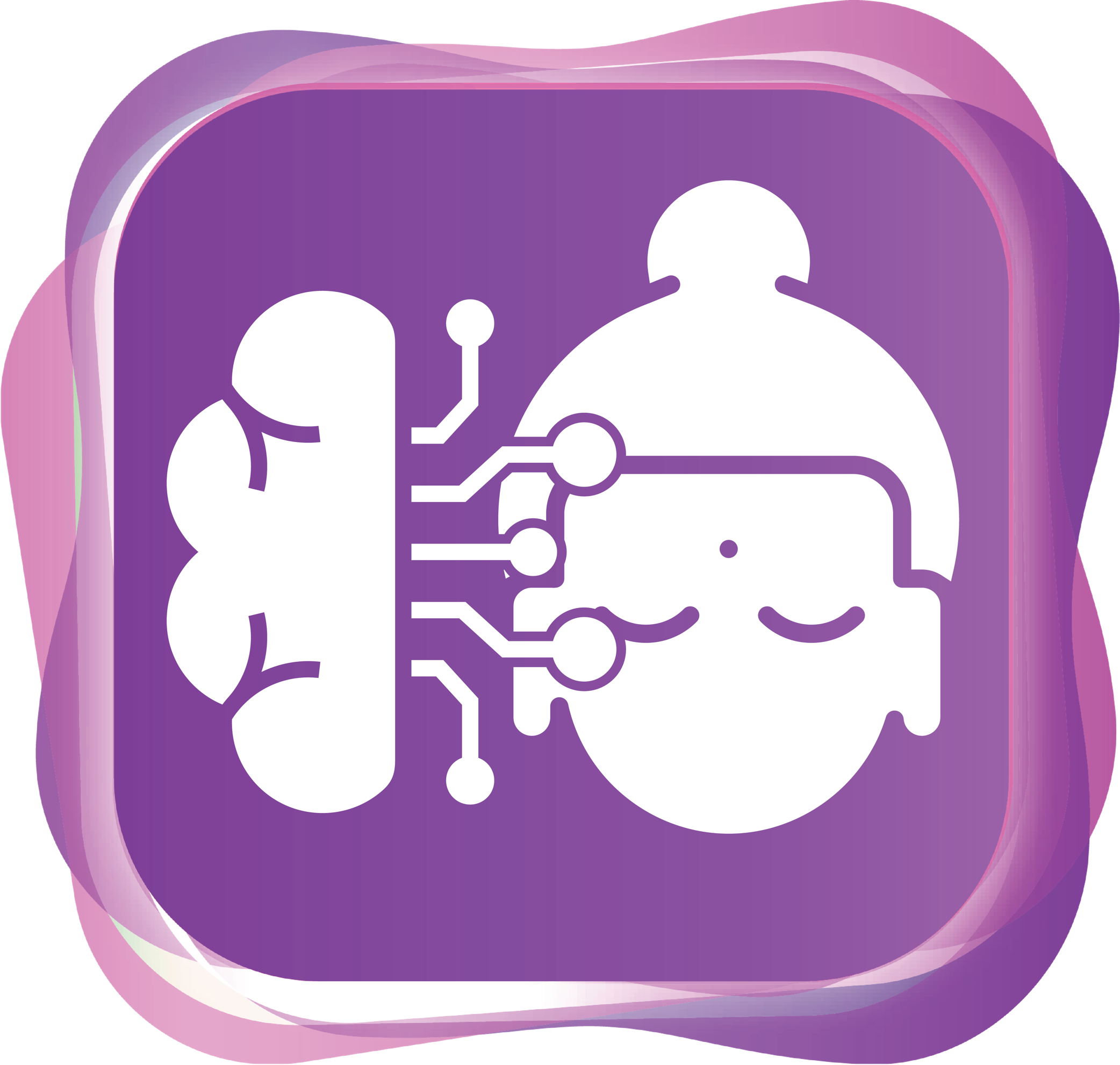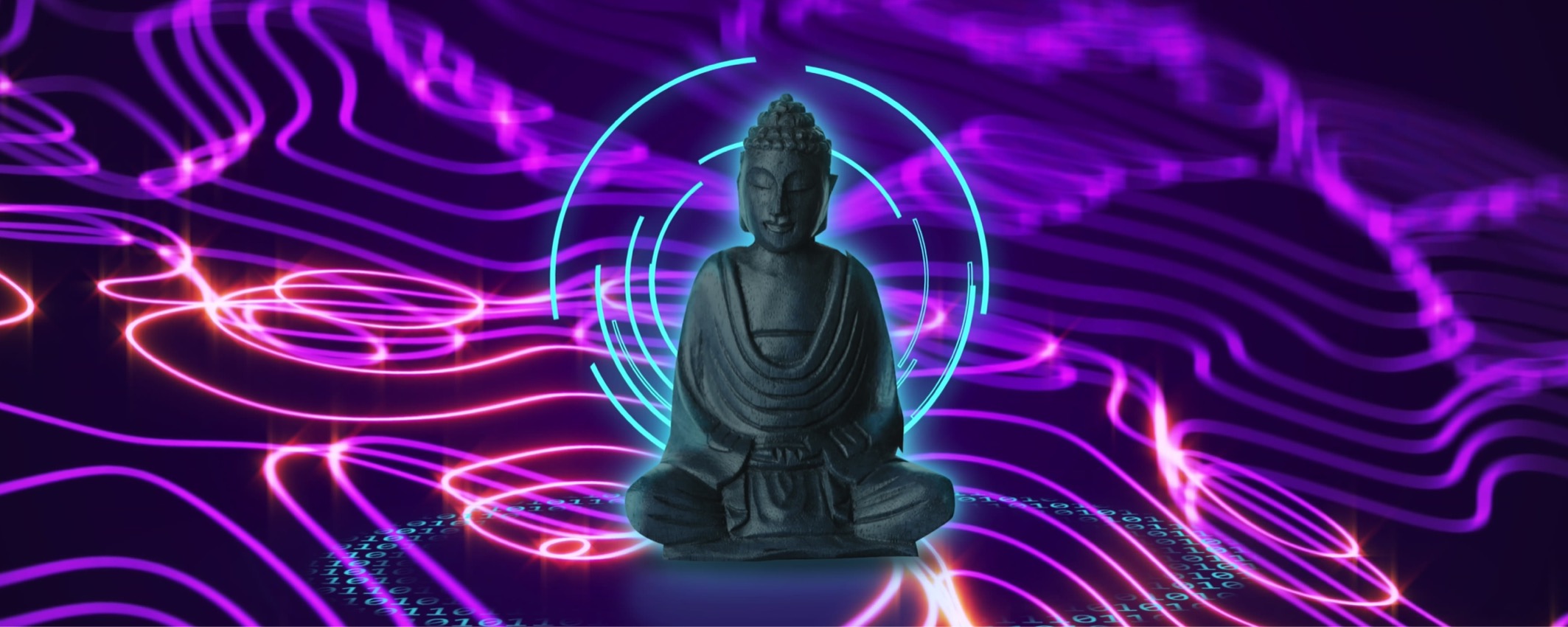 |
CCAI9001 Artificial Intelligence
|
Course Description
What makes us human in a world of artificial intelligence? How do our brains compare to machines, and can ancient wisdom help us navigate the future? This course bridges neuroscience, AI, and Buddhist philosophy to explore mind, identity, and ethics in the digital age. The course starts with the basics: How does the brain work? What is consciousness? Could AI ever truly “think”? Then, we’ll dive into deeper questions—Will AI change what it means to be happy or loved? How do we stay human in a world of algorithms? The course then progresses to explore core human values, focusing on potential existential anxiety, identity crises in future generations, and the meaning of life, love, and happiness. In tutorials, students will engage in hands-on activities through creative learning experiences such as brain-computer interaction, data processing, comparing AI counselling with human counselling, and practising compassion meditation. Students can have a field trip to witness the latest AI technology, to use AI to enhance human attention, and to integrate humans and AI for hybrid intelligence. Ultimately, students can develop transdisciplinary AI expertise while fostering critical thinking, lifelong learning capabilities, and ethical awareness necessary to engage thoughtfully with the emerging impacts of AI.
[There will be an optional field trip to the Shenzhen University Campus during Reading Week for exposing students to the latest technological advancements including brain-computer interface (BCI), brainoid, and other AI advancements.]

Course Learning Outcomes
On completing the course, students will be able to:
- Explain the interrelationships between the structure and function of the brain and the mind
- Critically analyze the similarities and differences between biological and artificial intelligence, and reflect on the implications for our understanding of consciousness and the human experience.
- Apply insights from neuroscience, psychology, and Buddhism to navigate the philosophical and ethical challenges posed by the development of AI and neurotechnology.
- Examine the potential impact of brain science and AI on the future of humanity through creative projects and discussions.
- Combine the knowledge of Buddhist teachings and AI-generated insights to cultivate self-awareness and emotional wellbeing.
Offer Semester and Day of Teaching
Second semester (Wed)
Study Load
| Activities | Number of hours |
| Lectures | 24 |
| Tutorials | 12 |
| Fieldwork / Visits | 10 |
| Reading / Self-study | 60 |
| Assessment: Weekly assignment | 12 |
| Assessment: Group project | 10 |
| Assessment: In-class test | 1 |
| Total: | 129 |
Assessment: 100% coursework
| Assessment Tasks | Weighting |
| Quizzes | 40 |
| Participation in classroom activities | 20 |
| Group YouTube project/presentation | 40 |
Required Reading
Readings:
- Agell, N., &. Prat-i-Pubill, Q. (2024, February 17). Artificial intelligence: Technological revolution or existential threat? From https://dobetter.esade.edu/en/artificial-intelligence-technological-revolution-existential-threat-AI
- Carnegie Council for Ethics in International Affairs. (2021, November 10). Why are we failing at the ethics of AI? From https://www.carnegiecouncil.org/media/article/why-are-we-failing-at-the-ethics-of-ai
- Evans, A. C., Jr. (n.d.). AI’s profound impact on the world. From https://www.apa.org/monitor/2024/07/artificial-intelligence-impact
Research Articles:
- Knell, S., & Rüther, M. (2024). Artificial intelligence, superefficiency and the end of work: a humanistic perspective on meaning in life. Ai and Ethics (Online), 4(2), 363–373. From https://doi.org/10.1007/s43681-023-00273-w
- Roy, A., Minai, A. A., Thivierge, J.-P., Achler, T., & Weng, J. (2024). Editorial: What AI and Neuroscience Can Learn from Each Other—Open Problems in Models and Theories. Cognitive Computation, 16(5), 2331–2333. From https://doi.org/10.1007/s12559-024-10324-x
- Williams, G. Y., & Lim, S. (2024). Psychology of AI: How AI impacts the way people feel, think, and behave. Current Opinion in Psychology, 58, 101835-. From https://doi.org/10.1016/j.copsyc.2024.101835
Books:
- Jotterand, F., & Ienca, M. (Eds.). (2021). Artificial intelligence in brain and mental health: philosophical, ethical & policy issues. Springer. From https://doi.org/10.1007/978-3-030-74188-4
- Lee, K. C., Davis, A. J., & Maharjan, S. (2025). Early Buddhist Teachings and the Development of a Theoretical Orientation for Counseling. Hong Kong: University of Hong Kong Press.
Buddhist Scriptures:
- Dhammacakkappavattanasutta: Setting in Motion the Wheel of the Dhamma (SN 56.11). From https://suttacentral.net/sn56.11/en/bodhi?lang=en&reference=none&highlight=false
- Kalama Sutta: To the Kalamas (AN 3.65). From https://accesstoinsight.org/ati/tipitaka/an/an03/an03.065.than.html
Course Co-ordinator and Teacher(s)
| Course Co-ordinator | Contact |
| Dr K.C. Lee Centre of Buddhist Studies, Faculty of Arts |
Tel: 3917 5068 Email: glee123@hku.hk |
| Teacher(s) | Contact |
| Dr K.C. Lee Centre of Buddhist Studies, Faculty of Arts |
Tel: 3917 5068 Email: glee123@hku.hk |
| Dr J. Gao Centre of Buddhist Studies, Faculty of Arts |
Tel: 3917 4316 Email: galeng@hku.hk |

